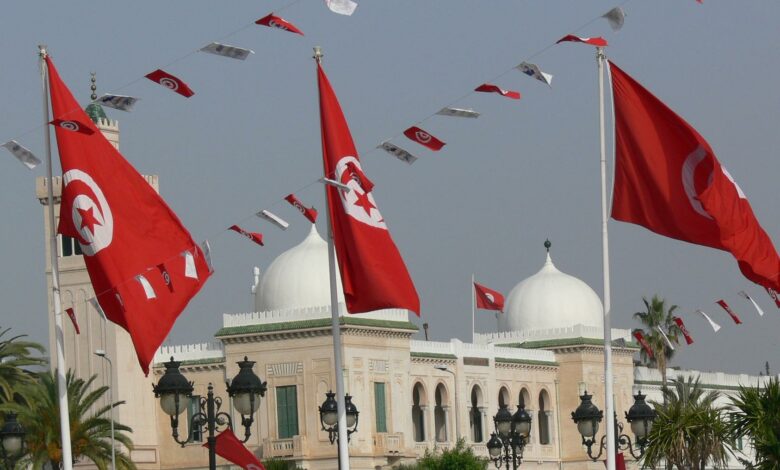MedMarkets: mitigated optimism for Tunisia’s economic growth for 2024

by Fatma Harzalli:
In its most recent report on the prospects of the global economy, the World Bank expected Tunisia’s economy to grow by 3 % in both 2024 and 2025.
Signs of a stumbling and slow economic rebound have been noticed in 2023 with GDP growth estimated in an earlier World Bank report at 1.2 percent, corroborating forecasts earlier last year that the second half of 2023 would register a slow recovery compared to the stagnated first half.
Optimism about Tunisia’s economic prospects for the upcoming years seems to have been mitigated by the susceptibility of the country’s economy to be affected by its limited resources in the face of a serious drought which has cast its shadow on the economies of Tunisia’s Mediterranean neighbors for years.
Drought has not been the only hurdle to Tunisia’s 2023 economic recovery which almost stagnated in the first half of 2023 under the bulk of stalemated external financing efforts, increasing domestic debt, and regulatory obstacles.
This cautious optimism is exemplified in the European Bank for Reconstruction and Development (EBRD) revising downward its economic growth forecasts for Tunisia to 2.5% in 2023, compared to the previously projected 2.9% in its September 2022 report.
This downward revision is grounded, according to the EBRD, on key risks to Tunisia’s economic prospects, including reform delays, political instability, rising food and energy prices, exacerbated by the international geopolitical situation, and reduced demand from Europe, Tunisia’s main economic partner.
Despite these challenges, Tunisia continued to live up to its commitments to foreign creditors and domestic markets, securing the importation of basic consumer goods amid a global food crisis, mainly in the Global South.
The recent agreement with the Russian Federation to import more Russian grains has opened alternative doors to the North African country to make up for the cost of drought on poor grain yields in 2023.
Despite the above-mentioned devastating effects of drought, reduced drought impact is expected to boost Tunisia’s food security and trade balance amid increase in the exports of certain products like citrus, olive oil (+52.4%), and dates.
Attracting foreign investments and creating a transparent and investment-friendly environment remain major challenges for Tunisia’s economic recovery at the micro and macroeconomic levels. Despite having maintained inflation at a stable rate, Tunisia continues to grapple with rising living costs and unemployment.
Some optimism has been registered at the microeconomic level, as well. A recent survey conducted by the Tunisian Institute of Statistics (INS) has revealed an optimistic outlook among private sector business leaders on investment momentum during the first half of 2024 compared to the second half of 2023.
This optimism stems from trust in diverse industries such as chemicals (2% to 15%), construction materials, ceramics, and glass (5% to 18%) while optimism about investment in mechanical and electrical industries has registered a decline from 21% in the second half of 2023 to 13% in the first half of 2024. The survey, based on a November 2023 sample of 1,000 manufacturing sector companies, also indicates stability in textile, apparel, leather, and agro-food sectors.
Innovation and startup empowerment remain major challenges for Tunisia at the micro-economic level as shown in Tunisia’s absence from the top 4 African countries in startup financing, which constitutes a rift with Tunisia’s longstading reputation for leading innovation in Africa.
Fatma Harzalli




